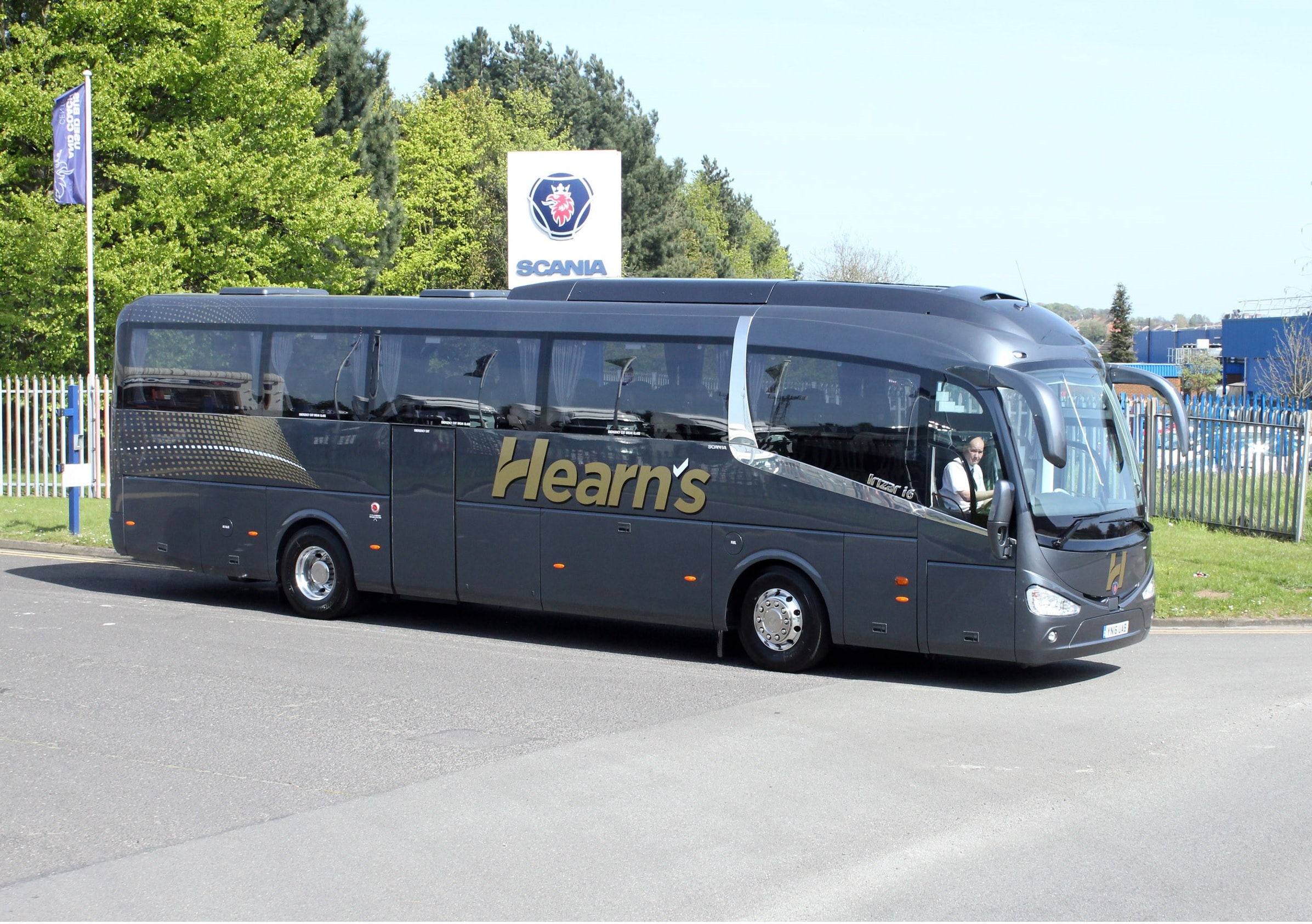Should the UK leave the EU with no deal, temporary tariffs on imported vehicles will be levied. How much will they be?
The issue of tariffs will affect many operators should the UK leave the EU with no deal. Procurement of new coaches would be particularly affected. Many of them would be subject to tariffs that they are not currently.
In simple terms that means that the prices of those vehicles would rise following no deal. While such an exit at the end of this month looks unlikely, it remains a possibility later.
In such a case, temporary tariffs on coaches and buses that are imported to the UK would be applied immediately.
However, those temporary tariffs would remain in place only until a long-term schedule could be formulated – which is likely to be around a year later. Tariffs at that point could become more reasonable, but that is not guaranteed.
Tariffs: The figures
At the time of writing, the following tariff scale would apply to coaches and buses imported to the UK and intended to transport over 10 people (including the driver), should a no-deal Brexit occur:
- Complete vehicles with a diesel engine above 2.5 litres: 16%
- Complete vehicles with a diesel engine below 2.5 litres: 10%
- Complete vehicles with a diesel engine above 2.5 litres and also with an electric motor, i.e. a hybrid: 16%
- Complete vehicles with only an electric motor for propulsion: 10%.
- Bare chassis with a diesel engine above 2.5 litres: 19%.
Currently, no tariffs are applied to any of the above that are imported, with one exception: Those from China, which already attract the tariffs above. There should thus be no impact on Chinese vehicles following a no-deal Brexit.
For vehicles produced in Turkey the tariff situation is also reasonably clear. Many are purchased by UK dealers from their parent companies in EU nations. Others are bought directly from Turkey-based manufacturers. It seems that in the latter case, tariffs would apply.
Mitigating factors
At least one dealership has examined whether vehicles can be imported incomplete for finishing in the UK and attract a lower tariff. While a definition of an incomplete vehicle is hard to find, it is likely that not fitting items such as seats, glazing or the engine and gearbox would be insufficient.
Some UK-based coach dealers and importers are planning for a worst-case scenario of no deal and temporary tariffs. Because of that, many have inflated their stock vehicle intake.
Once here, those coaches are the property of their dealers. Because of that, when they are sold on to operators, they would not be subject to tariffs.
Like the potential duration of any temporary tariffs, how long that stock will last for is not known. However, the Confederation of Passenger Transport (CPT) cautions that realistically, the figures above are now unlikely to be revised in the short term.
The impact of the temporary tariffs, should they be imposed, on the coach industry stands to be significant. Based on 800 coaches being imported from tariff-exempt nations annually, calculations by CPT show an increase in cost of £32m, based on an average unit selling price of £250,000.
Air quality worries
CPT has written to Michael Gove, who oversees no-deal Brexit planning. It points out that to the small coach operators that form the bulk of the industry, the purchase of a new coach already represents something that is planned long in advance.
“These additional costs will, in many cases, make upgrading vehicles within their fleets unviable,” says Chief Executive Graham Vidler.
He also points out that the imposition of temporary tariffs would contradict the government’s agenda to improve air quality.
An imported coach that currently costs £250,000 would become £290,000 with a 16% tariff applied. While some manufacturers and dealers will do what they can to absorb a portion of that increase, it may be the case that some buyers elect to retain older coaches.
“There is a complete disconnect between the important policy of cleaning our air and imposing tariffs on imports of newer, cleaner coaches and buses,” adds Mr Vidler.
Additionally, stalled replacement of older coaches could lead more operators subject to daily charges for entering emission control zones with non-compliant vehicles. In effect, the imposition of tariffs would be a penalty on those who wish to renew their fleets.
The hope of all within the vehicle supply side of the industry is that tariffs are avoided entirely. But if they are not, there will be pain for buyers, at least in the short term.

























